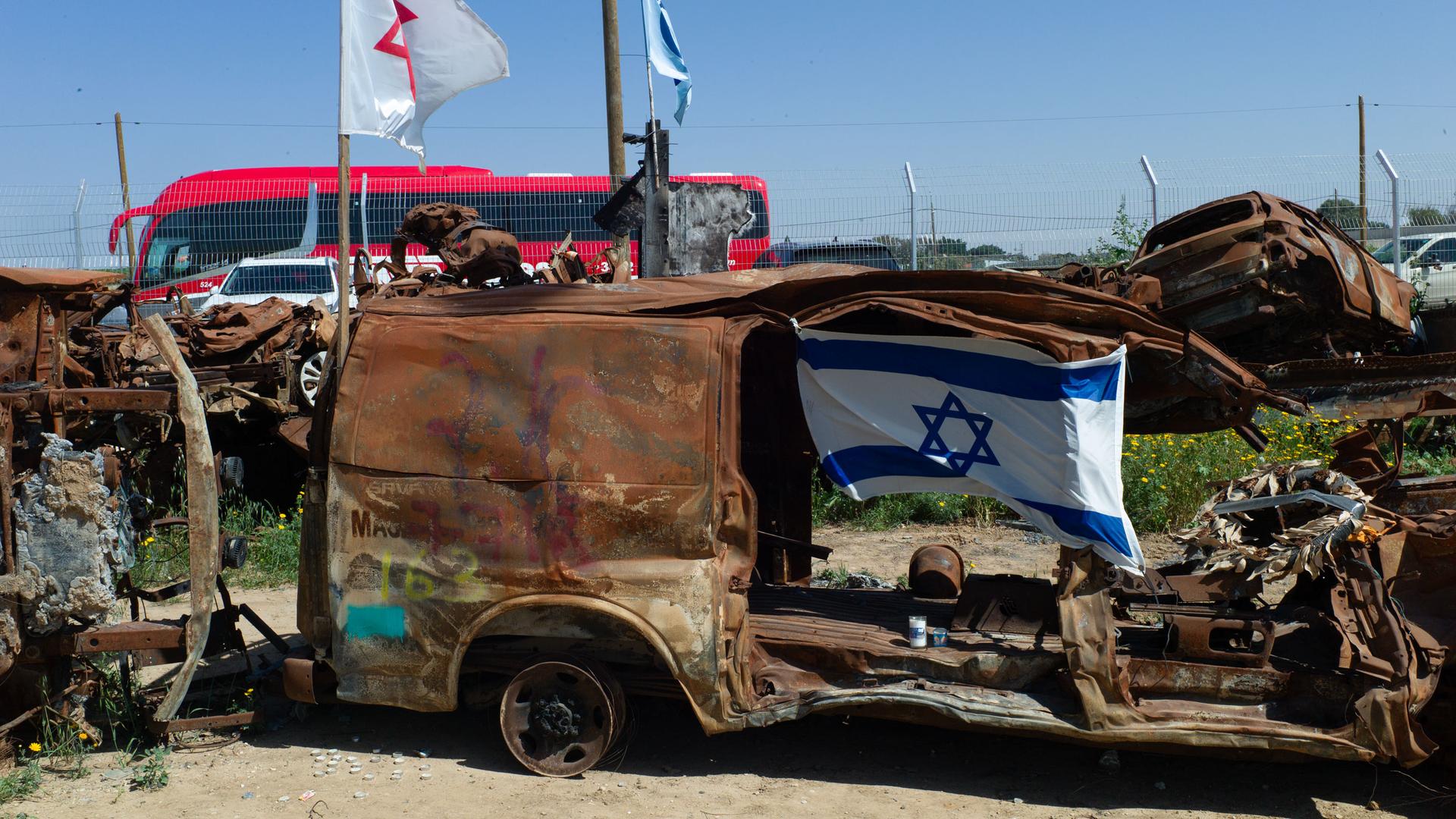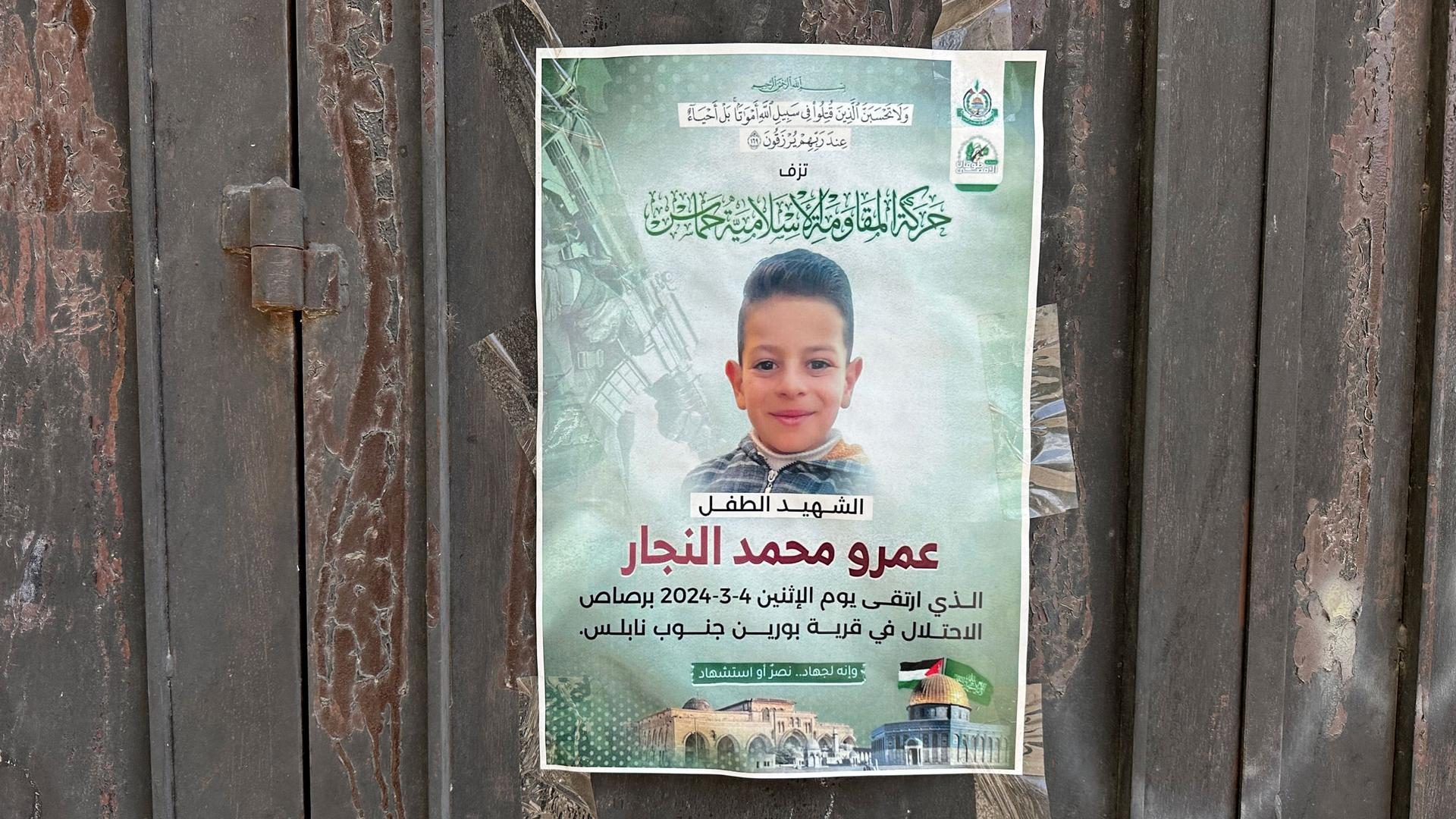I got my first job in journalism at 16 as a copy-boy at the News and Observer in Raleigh, North Carolina. I've worked in documentary photography, print, radio and television. My radio work started in Burkina Faso in West Africa, following a three year stint with the Peace Corps in Togo. From Burkina Faso, I moved to London to produce the BBC World Service flagship breakfast program for Africa, "Network Africa."In 1990, I moved back to the US, and helped start up a new public radio station in upstate New York in the Adirondacks where I reported, produced and hosted a daily two-hour news and current affairs show. Four years later, I moved to Rome, Italy where I was the correspondent for Monitor Radio. In 1995, WGBH and The World hired me to help begin the program. Its mission -- to bring international news to American ears in a compelling way that would make the world more relevant to them -- scratched me where I itch. And I've been committed to that mission ever since.Along the way, I've won some awards (the National Federation of Community Broadcasters for an original radio drama I wrote; the Sony awards for an exposé on child labor in West African gold mines; the New York Festivals for a BBC documentary on the 1987 assassination of Burkina Faso’s president; the first annual Unity award from the Radio and Television News Director’s Association for coverage of diversity issues; and an Emmy for a Frontline documentary on Libya). But the most important honor for me remains the emails I get from listeners thanking us for the coverage we give to often little-known stories and voices from around the globe.
Seafood cultivated in a lab could help mitigate the next pandemic
An Israeli food tech startup, Forsea, is working with Japanese partners to develop artificially grown eel cells, intended to yield edible unagi eventually. Experts hope mass-produced cultivated meat and seafood can help prevent the next pandemic. Host Marco Werman reports.
‘We have to cut back on everything’: Palestinian farmers in West Bank say water is in short supply
As Israel’s war in Gaza continues, its impact on the lives of Palestinians in the occupied territories of the West Bank can be felt acutely in terms of water access. The World’s host Marco Werman visited one Palestinian farming area just outside the city of Ramallah to learn more.
‘Sacred refuge:’ This cultural center provides a safe space for Jews and Arabs in Jerusalem
FeelBeit is an event space and bar in Jerusalem that brings together Palestinian and Israeli artists to share the stage. Before Oct. 7, 2023, this was already a difficult thing to do. But after, it’s been almost impossible. FeelBeit closed for a while but realized that it was important to reopen their doors. The World’s Marco Werman went there to see what it’s all about.
‘I am representing the Palestinian minority’: Palestinian Israeli politician on the future for both sides of the war and US role
A small population of Palestinians and Arabs that live in Israel are considered Israeli citizens and have all the rights of the country. That includes politically. Sami Abu Shehadeh is a former member of Israel’s parliament, the Knesset and chairman of the Balad party. The party represents the interests of Palestinians and Arab Israelis. Host Marco Werman spoke with Shehadeh at his office in Jaffa about the current situation in Gaza and what it means for the future of both sides in this war.
‘Our main goal is to bring our family members back to Israel’ Israeli MP says
Host Marco Werman is in the Middle East this week to gauge the mood of both Israelis and Palestinians six months after the war between Israel and Hamas began. On Oct. 7 last year, Hamas militants attacked southern Israel, killing about 1,200 people and taking over 200 people hostage. Israel hit back with strikes on the Gaza Strip, and the death toll there has been mounting, including thousands of children. Host Marco Werman spoke with Sharren Haskel, of the New Hope party and member of Israel’s parliament, the Knesset for her thoughts on the status of the war today.
‘Imaginary Amazon’ exhibition counters negative stereotypes through contemporary art
University Art Gallery at San Diego State University has just unveiled an exhibit, “The Imaginary Amazon,” featuring works by contemporary artists, many of them Indigenous inhabitants of the forest. The artists’ intent is to address some of the stereotypical Western perspectives of the Amazon.


